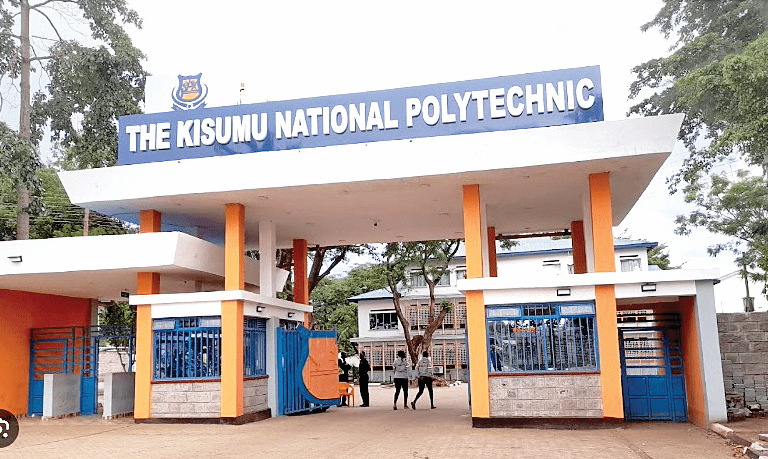New hub at Kisumu polytechnic set to revitalise textile industry
By Kepher Otieno, December 26, 2024The Sh1.08 billion regional flagship TVET Institute for Textile Technology at Kisumu National Polytechnic is nearing completion, promising to play a crucial role in the economic revival of Kenya’s textile sector.
With the potential to enrol 6,000 students annually from Kenya and beyond, the new institution will serve as a key player in the country’s industrial development, driving economic growth and providing much-needed skills to revitalising industries.
The project, under the Ministry of Education’s partnership with the World Bank, aims to transform the textile industry by offering state-of-the-art facilities such as a factory, laboratories, classrooms, and hostels.
Once completed, the centre will equip students with specialised knowledge in textile technology, focusing on everything from cotton cultivation to advanced textile production techniques, ultimately contributing to the growth of Kenya’s economy.
Kisumu National Polytechnic has been identified as a centre of excellence for textile education, a critical step in the recovery of a sector that once thrived in the region but suffered following the collapse of Kisumu Cotton Mills (KICOMI). The new TVET institution will address this gap by training skilled professionals capable of reviving cotton farming and textile manufacturing.
Over 30,000 farmers have already been introduced to high-yield BT cotton, ensuring a sustainable and profitable cotton supply for the textile industry. According to Nyangara Asaka, director of Research and Innovations at Kisumu National Polytechnic, this is one of the major industrial revolution projects in Western Kenya.
He emphasised the broader regional impact of the programme, stating, “We are not just training students in textile technology; we are building a whole ecosystem that includes farmers, small businesses, and researchers. Our goal is to revamp the textile sector from the ground up, starting with the farm level all the way to fashion exhibitions.” Nyangara said the project’s impact extends beyond education, adding: “We are fostering a robust supply chain that integrates cotton farmers, small businesses, and textile manufacturers, the TVET Institute is positioning itself as a key engine for job creation and industrial growth.”
Additionally, the collaboration between TVET institutions in Kenya, Ethiopia, and Tanzania demonstrates how regional partnerships can build a competitive, globally relevant textile industry. As Kenya continues to develop its economy, TVET institutions like Kisumu poly are proving to be vital in addressing skills gaps, creating employment, and supporting industries
More Articles

